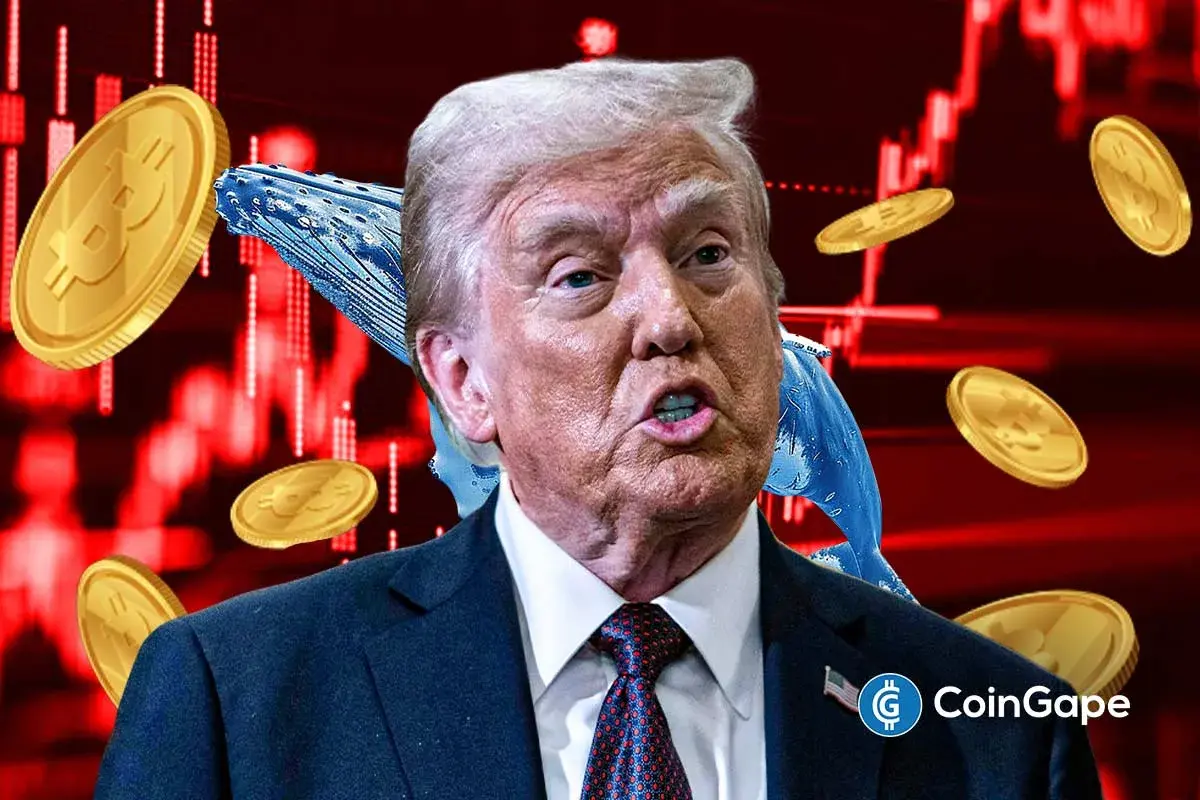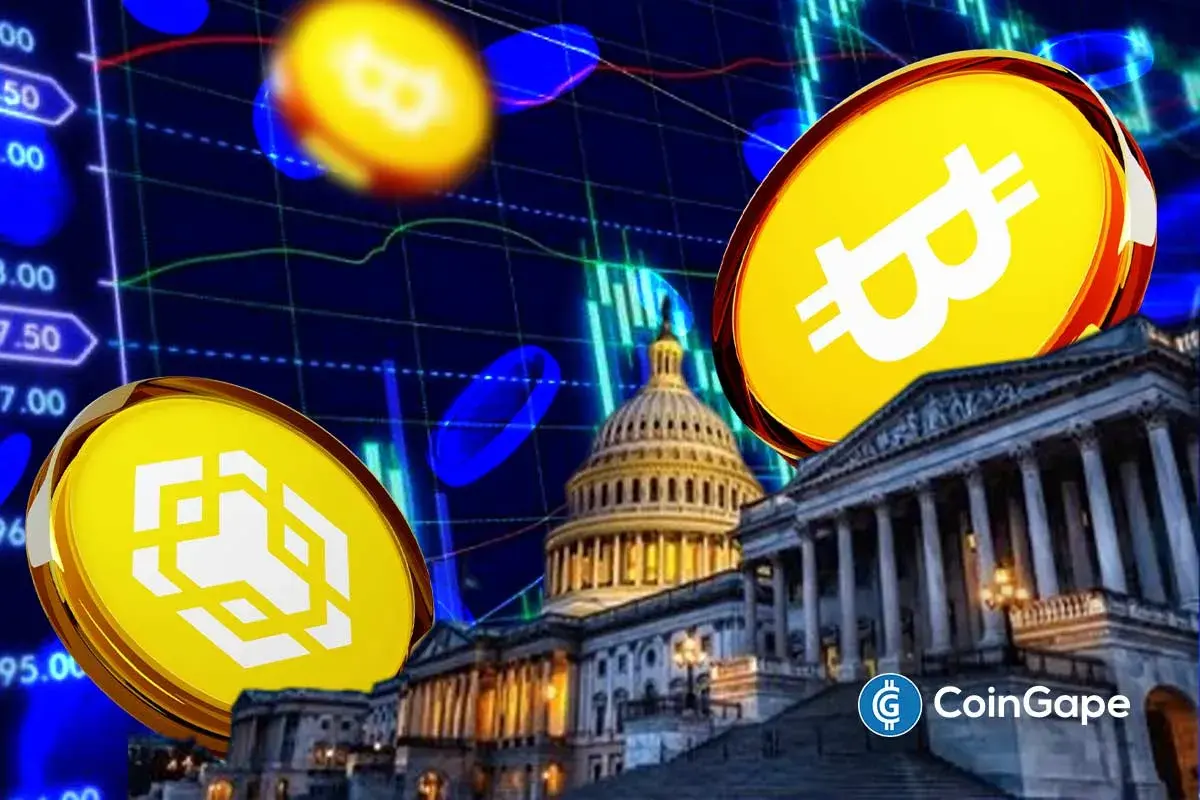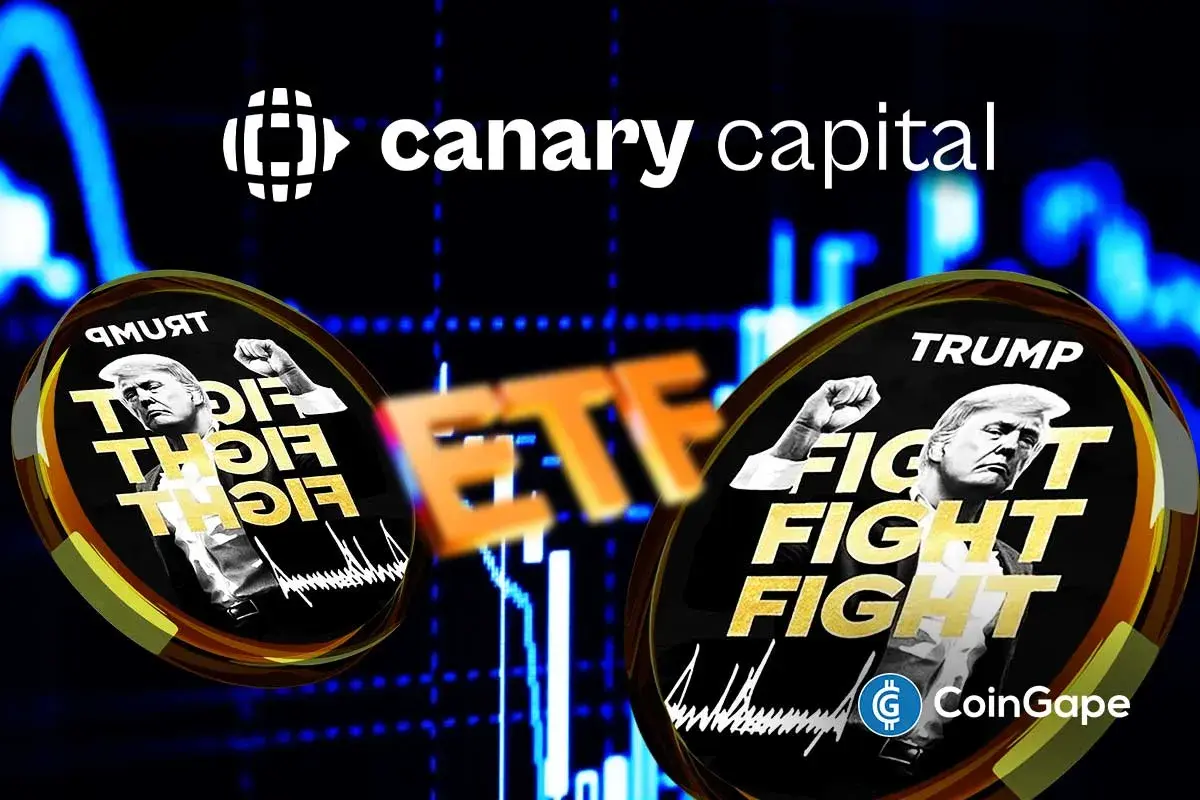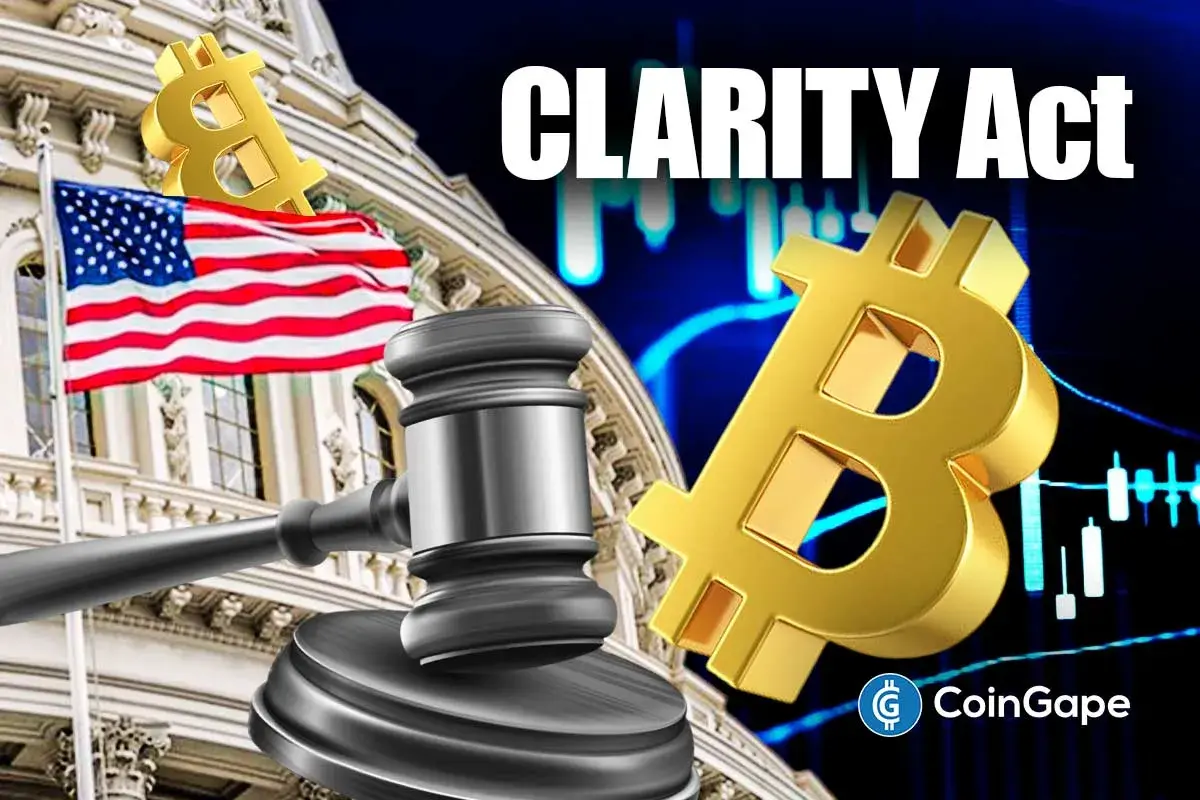Ripple’s xCurrent Saves Up-to $400 B/Year For Saudi Arabia’s Monetary Authority
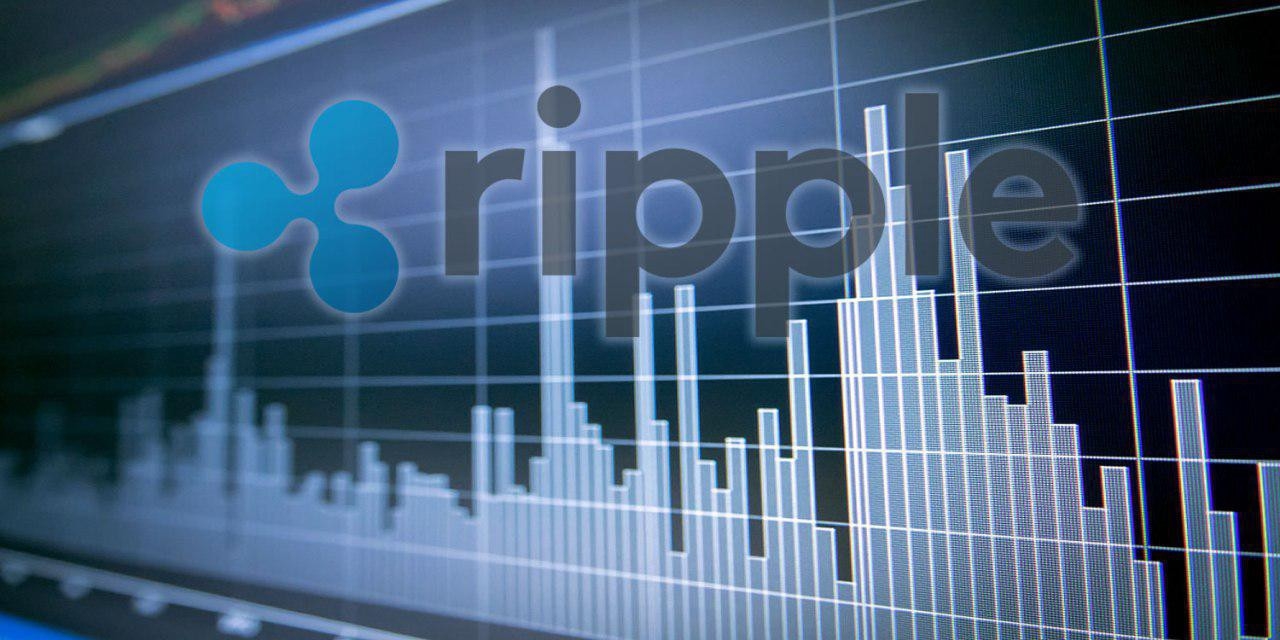
The Kingdom of Saudi Arabia’s Monetary Authority (SAMA) has drastically cut down on costs, saving up to $400 billion a year following its decision to upgrade and modernize its payments system. The decision saw SAMA rope in Ripple and incorporated one of its three main solutions, the xCurrent, as a way of easing transactions between local banks and global counterparts.
SAMA Partnership with Ripple: February 2018
In February 2018, Ripple signed a deal with SAMA which saw the launch of a program. The objective was to upgrade and improve the Kingdom’s payment and financial infrastructure by incorporating Ripple’s solutions.
Then, Ray Dalio–the global head of infrastructure innovation at Ripple, in a statement, said SAMA’s agreement proved that banks were beginning to accept the transformative effects of blockchain on remittance.
“Central banks around the world are leaning into blockchain technology in recognition of how it can transform cross-border payments, resulting in lower barriers to trade and commerce for both corporates and consumers.”
“SAMA is leading the charge as the first central bank to provide resources to domestic banks that want to enable instant payments using Ripple’s innovative blockchain solution.”
Adopting xCurrent has improved Access to Financial Services
Specifically, SAMA has opted for xCurrent, a Ripple platform that doesn’t use XRP—the native currency of the XRPL.
The ledger uses Distributed Ledger Technology and the coin has been pitched as a perfect tool for financial institutions to reduce operations costs and drastically slash down transaction times.
Saudi Arabian Monetary Authority & Ripple, using xCurrent. Savings of up-to $400Bn per year. #Ripple #SAMA #RippleNet #OMFIF pic.twitter.com/9FSNUm6kxb
— Pseudo Buddha (@richimcmahon) June 11, 2020
Typically, in the current arrangement, it takes several hours for a cross border transaction to reflect. However, the use of XRP as a liquidity tool via the On-Demand Liquidity (ODL) protocol reduces transactions settlement times to mere seconds.
Other than this, banks also spend funds that would typically be locked up in Nostro-Vostro accounts.
Still, SAMA didn’t settle with ODL and according to a report, chose xCurrent since it needed a system that is presumably more familiar while “inhibiting the transformative potential of the Ripple product.”
Following SAMA’s adoption and experimentation with local banks, the central bank is expected to save up to $400 billion a year through xCurrent.
Already, effects have been felt on the ground as financial services are now more accessible to small and medium-sized enterprises.
- Expert Predicts Bitcoin Dip to $49K as ‘Trump Insider’ Whale Dumps 5,000 BTC
- Bitcoin Price Rebounds $70K, Here are the Top Reasons Why?
- Crypto Market Weekly Recap: Crypto Bill White House Meeting, Binance Buys $1B BTC, and More (9- Feb 13)
- TRUMP Coin Pumps 5% as Canary Capital Amends ETF Filing With New Details
- Crypto Prices Surge Today: BTC, ETH, XRP, SOL Soar Despite US Government Shutdown
- 3 Top Reasons Pi Network Price Surging Today (14 Feb)
- XRP Price Prediction Ahead of Potential U.S. Government Shutdown Today
- Bitcoin Price Outlook As Gold And Silver Lose $3.6 Trillion in Market Value
- XRP and Ethereum Price Prediction as Trump Seeks to Lower Key Tariffs
- Solana Price Prediction as $2.6 Trillion Citi Expands Tokenized Products to SOL
- Bitcoin Price Could Fall to $50,000, Standard Chartered Says — Is a Crash Coming?




